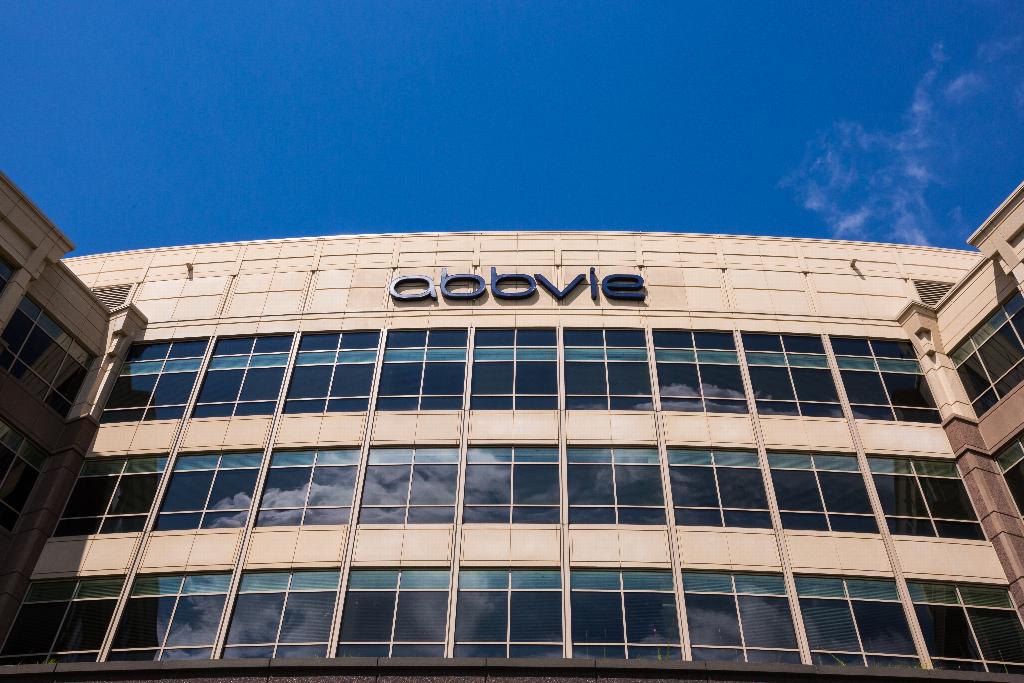Doubts over AbbVie PARP inhibitor after double trial failure

AbbVie’s hopes of getting a so-called PARP inhibitor cancer drug to market are fading after its veliparib failed in two late-stage studies.
AstraZeneca’s Lynparza (olaparib) is becoming well established in ovarian cancer after FDA approval in 2014, while Clovis had its rival Rubraca (rucaparib) approved in ovarian cancer late last year.
Tesaro became the latest company to get FDA backing for a PARP inhibitor, when its Zejula (niraparib) was approved last month in cancers of the ovary, fallopian tube and peritoneum.
Poly-ADP ribose polymerase (PARP) inhibitors work by inhibiting the PARP1 protein, which plays a key role in DNA repair. Certain cancers are particularly reliant on PARP1 to survive and blocking its action can lead to cell death.
But it looks increasingly unlikely that veliparib will make it to market after it failed in two phase 3 trials, assessing it in combination with chemotherapy in squamous non-small cell lung cancer and triple negative breast cancer.
AbbVie is also running a late-stage trial of veliparib plus chemotherapy in ovarian cancer and BRCA1/2 breast cancer – but performance in phase 2 was also patchy, with the drug missing survival targets in BRCA-mutant breast cancer, and ovarian cancer.
This had left AbbVie’s hopes resting on the larger, late-stage trials - but veliparib failed to meet an overall survival endpoint in the lung cancer study, and missed a complete pathological response target in the breast cancer study.
Before the latest setback, analysts Evaluate Pharma had forecast 2020 sales for veliparib of $527 million – not stellar, but handy for a company that is looking for new drugs to cover sales lost when the key US and EU patents expire on mega-blockbuster Humira in the coming years.
Gary Gordon, vice president, oncology clinical development at AbbVie, said: "Research shows there is a role for PARP inhibitors in cancers associated with DNA repair deficits, such as those with BRCA mutations. In these clinical trials, we wanted to explore whether a PARP inhibitor could augment chemotherapy in patients with squamous non-small cell lung cancer and triple negative breast cancer by disrupting the repair of cancer cells.”
But he added: "Unfortunately, these data do not support the use of veliparib in combination with chemotherapy in these patients."
Shares in AbbVie ticked down following the news, along with Pfizer, which through its acquisition of Medivation has got its hands on another PARP inhibitor, talazoparib.
Former Medivation CEO David Hung said before the acquisition last year that talazoparib, in phase 3 development for advanced breast cancer with germline mutations, could be the best in its class if approved.












